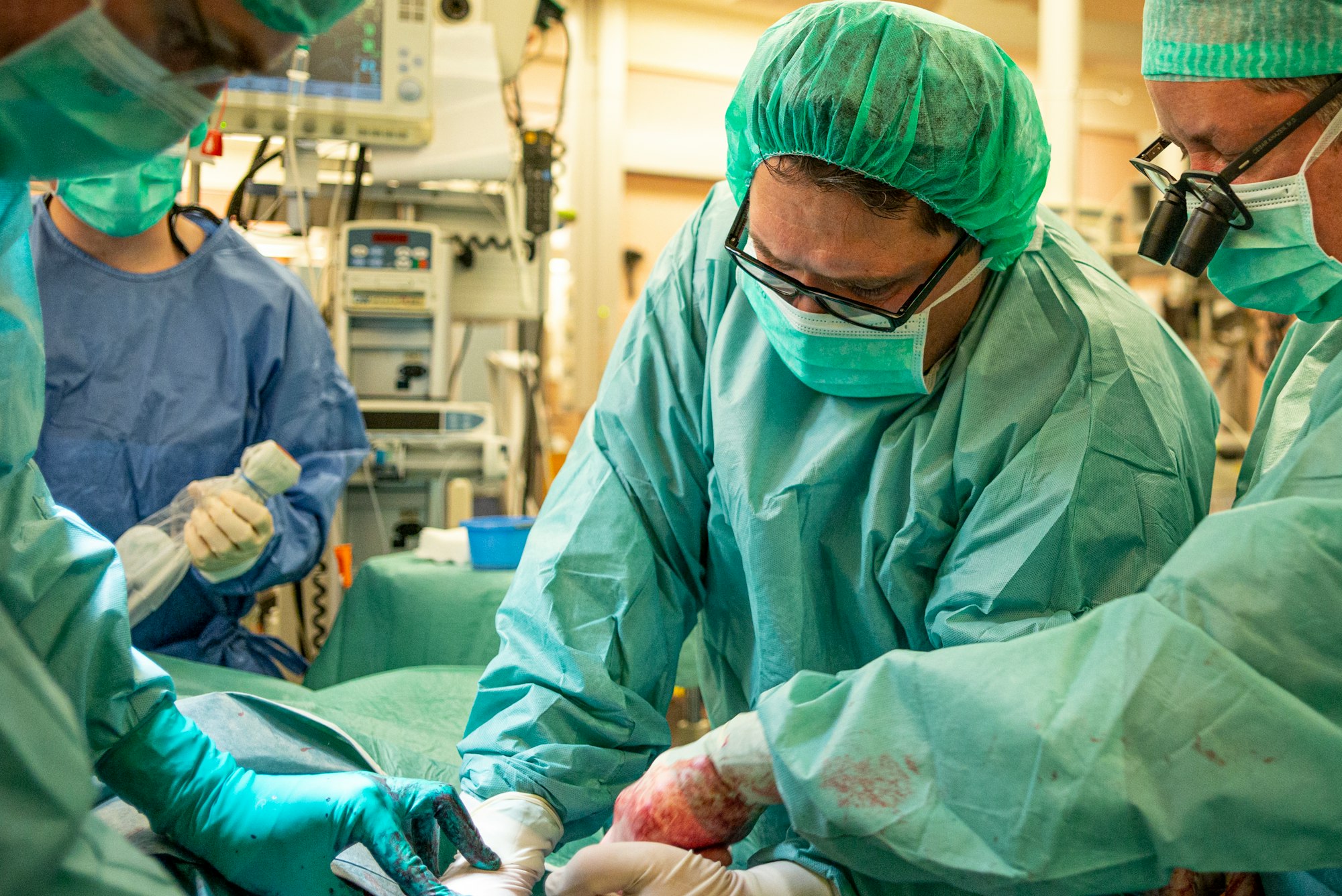Applying for Residency: Your Path Ahead after Medical School

Following four grueling years of medical education, one must complete a residency program as the ultimate requirement for becoming a licensed physician. A residency program offers hands-on, supervised clinical experience in the preferred area of expertise for medical school graduates. Getting admission into these coveted programs entails strategic planning and thorough preparation. In this university-style article, we shall explain on how to improve your chances of getting accepted into a residency program by outlining various integral processes.
Selecting the right specialty, preparing for USMLE exams, building an impressive resume, securing valuable letters of recommendation, applying to residency programs, rehearsing extensively for interviews, ranking programs effectively, and finally participating in Match Day are some key steps that can boost your chances of landing a coveted residency position. It's important to note that your journey as a physician continues with your residency training; therefore, make every effort to gain unique experiences and skills during this stage because they will shape your future career prospects.

Choosing a Specialty
The first vital step you should undertake is selecting your intended field of study. Every aspiring medical professional must make an informed decision regarding their desired specialization based on their interests, abilities, and long-term objectives. It is pertinent that they conduct extensive research into various specialties before concluding what they want to pursue. Different programs have varying prerequisites, and some can be more competitive than others. There are over 20 different specialties you can apply to coming out of medical school. If you consider subspecialties, that number grows even more.
Taking the USMLE exams
Step two of becoming a physician entails rigorous preparation for the United States Medical Licensing Examination (USMLE), which determines one's capacity in harnessing clinical skill set toward caregiving. The USMLE is a crucial test for aspiring medical professionals who wish to practice in the United States. Its three distinct steps must be passed with flying colors to obtain a medical license. High scores on this exam are also essential as they increase chances of acceptance into residency programs.
Creating a stellar Resume
Building an outstanding resume that emphasizes an individual's skills, achievements and experiences can boost the likelihood of standing out among the thousands of applicants each year. Consider taking part in research initiatives, volunteering your services, and assuming leadership positions throughout your medical school journey. Through these experiences, you can hone the necessary skills and knowledge to stand out within your desired specialty.
Letters of Recommendation
As Step 4 of the residency application process, obtaining letters of recommendation is crucial. Aspiring physicians must necessarily apply for residency programs upon graduation from medical school. To this end, they can make use of the Electronic Residency Application Service (ERAS), which allows them to submit multifarious applications with complete ease. Timely submission of applications is imperative and greatly amplifies one’s prospects of making it through the shortlisting stage.
Applying to Residency Programs
Once you have a good grasp of all the stuff you need to apply for residency, you need to figure out which specific programs to apply to. At the date of this writing, there are over 6000 residency programs spanning more than 20 different medical specialties. If you have narrowed your desired specialty down to 1 or 2, that means around 500-1000 programs. You need to find a good match for the program you want, that means you need to search details about each program. Things like what exam scores they require, if they prefer US/International/Carribbean medical graduates, their visa sponsor policy, how far out from your medical graduation, etcetera. This means you need to dedicate a huge amount of time for this task. You could reduce the time needed for this process by using a service which helps you to find the relevant details and pinpoint the programs which match best to your individual profile. ResidencyPrograms.io is one such tool which helps students save time by providing such a service every match year.

Interviewing
Those who triumph over this stage shall then await communication that invites them for their interviews – truly a time of great excitement! These interviews serve as a platform wherein applicants can showcase their knowledge and capability as physicians while also highlighting their unique personalities. For aspiring physicians pursuing residency programs, ranking the programs you interview with is a crucial step toward securing a placement that aligns with your professional objectives.
Apart from conducting research on each program and its faculty members, practicing answers to common interview questions will enhance your preparation. Dressing appropriately for the interview marks your seriousness about clinching a place in that program. Once interviews are complete, it falls to applicants to rank their preferred programs, which is reciprocated by residency programs ranking their candidates.

Ranking programs & Match Day
The National Residency Matching Program (NRMP) utilizes an algorithm that considers both candidates' choices and those of the programs they have interviewed with. The day of beginning the residency training is full of mixed feelings, both excitement and anxiety. To achieve this milestone, one must have gone through a thorough competitive and challenging process.

